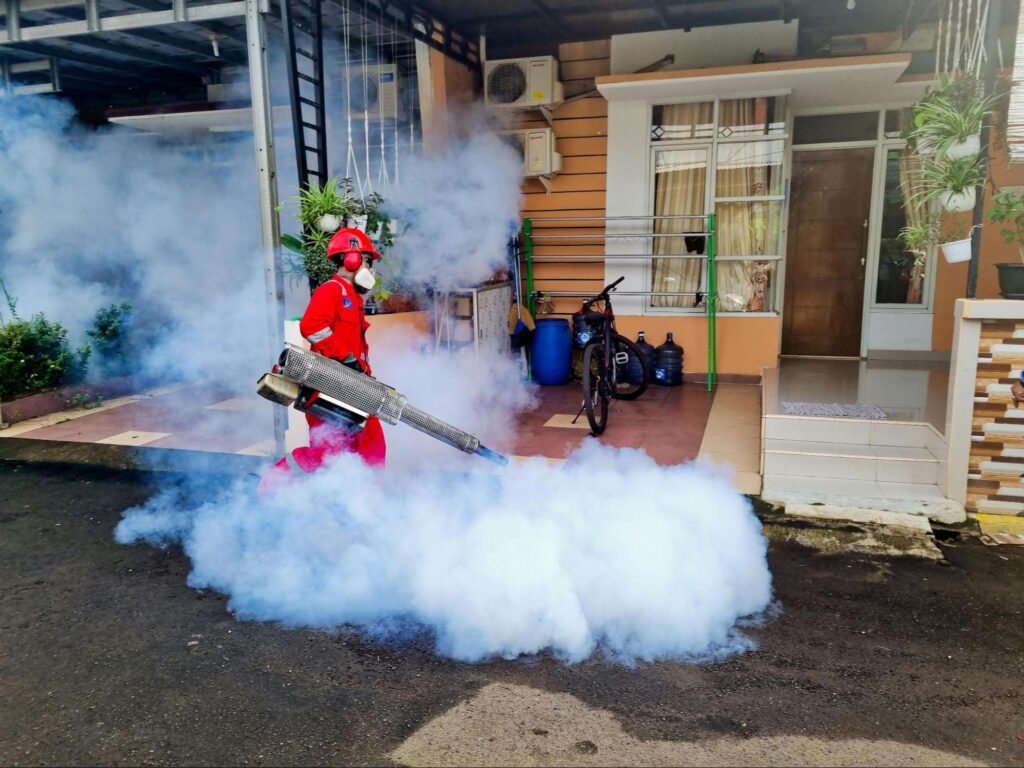Pests are a common problem that most homeowners face at some point in their lives. These pesky creatures cause property damage and pose health risks to people living in the house. From rodents and bugs to termites and cockroaches, pests can enter your home through various means, making it difficult to keep them out.
While many people take preventative measures to keep pests away from their homes, regular pest inspections are often overlooked. Many homeowners believe they only need an inspection when they notice signs of an infestation. However, this approach can be costly and may lead to severe damage if left unchecked. Regular pest management in Fort Myers is key to preventing infestations before they start, saving you time and money in the long run.
This blog post will discuss why regular pest inspections are crucial for maintaining a healthy and pest-free home. Let’s get started.
Early Detection and Prevention of Infestations
Regular pest inspections provide an opportunity for early detection and prevention of infestations in your home. By having a professional inspector assess your property on a regular basis, any potential pest issues can be identified before they become a full-blown infestation. For instance, you can contact pest control in Weymouth, MA, to schedule routine home inspections. By catching an infestation early on, you can save yourself from the costly repairs and damage that come with a larger-scale pest problem.

Moreover, regular pest inspections allow for preventative measures to be taken to keep pests away from your home. This may include sealing cracks and crevices, removing potential food sources, and implementing other methods the inspector recommends. By preventing infestations before they start, you can maintain a healthy and pest-free environment in your home.
Identifying Potential Entry Points for Pests
Pests can enter your home through various means, such as gaps in walls, windows, and door frames. Regular pest inspections help identify potential entry points for pests to enter your home. This allows you to take necessary measures to seal off these entry points and prevent any future infestations.
During a pest inspection, the inspector will thoroughly check your property for any signs of vulnerabilities that pests could use to enter your home. They will also provide recommendations on how to address these issues and keep them from becoming a gateway for pests. By identifying and addressing potential entry points, you can effectively keep pests out of your home.
Protecting Your Property and Home Value
Pest infestations can cause significant damage to your property, leading to costly repairs and potentially decreasing the value of your home. Regular pest inspections can help protect your property and maintain its value by detecting any pest issues early on.

Termites, for example, can cause severe damage to the structure of your home if left unchecked. Regular inspections can catch termite activity before it becomes a widespread problem that requires expensive repairs. By taking care of pest issues early on, you can preserve the integrity and value of your home.
Ensuring the Health and Safety of Your Family
Apart from causing property damage, pests also pose health risks to people living in the house. They can carry and transmit diseases, contaminate food, and trigger allergies. Regular pest inspections are crucial in ensuring the health and safety of your family.
During an inspection, the inspector will check for any signs of pest activity and provide recommendations on how to address them. By taking action against pests, you can protect your family from potential health hazards and maintain a safe living environment.
Regular pest inspections are essential for maintaining a healthy and pest-free home. By identifying and preventing infestations, addressing potential entry points, protecting your property and home value, and ensuring the health and safety of your family, these inspections play a crucial role in keeping pests at bay. Don’t wait until you notice signs of an infestation to schedule an inspection – make it a routine part of your home maintenance to save yourself from potentially costly damage and health risks in the long run.



